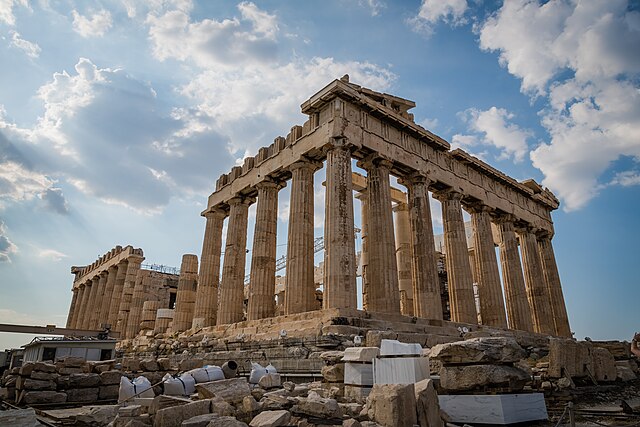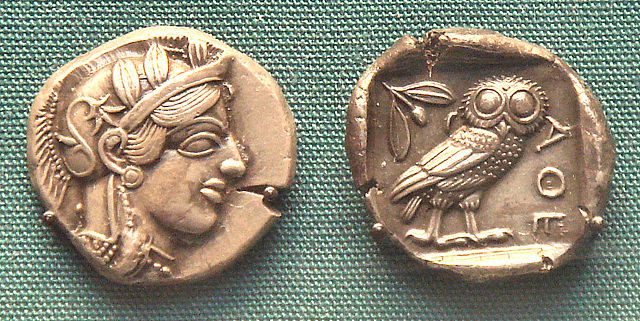The Kingdom of Pergamon, Pergamene Kingdom, or Attalid kingdom was a Greek state during the Hellenistic period that ruled much of the Western part of Asia Minor from its capital city of Pergamon. It was ruled by the Attalid dynasty.
Kingdom of Pergamon
Theatre of Pergamon, one of the steepest theatres in the world, has a capacity of 10,000 people and was constructed in the 3rd century BC.
Ruins of the ancient city of Pergamon
Pergamon's expansion after Roman victory in the Roman–Seleucid War. Rome was eager to weaken the Seleucids by awarding territory to the weaker and Roman-allied Pergamon.
Ancient Greece was a northeastern Mediterranean civilization, existing from the Greek Dark Ages of the 12th–9th centuries BC to the end of classical antiquity, that comprised a loose collection of culturally and linguistically related city-states and other territories. Most of these regions were officially unified only once, for 13 years, under Alexander the Great's empire from 336 to 323 BC. In Western history, the era of classical antiquity was immediately followed by the Early Middle Ages and the Byzantine period.
The Parthenon, a temple dedicated to Athena, located on the Acropolis in Athens, is one of the most representative symbols of the culture and sophistication of the ancient Greeks.
The Victorious Youth (c. 310 BC) is a rare, water-preserved bronze sculpture from ancient Greece.
Dipylon Vase of the late Geometric period, or the beginning of the Archaic period, c. 750 BC.
Early Athenian coin, depicting the head of Athena on the obverse and her owl on the reverse – 5th century BC.








